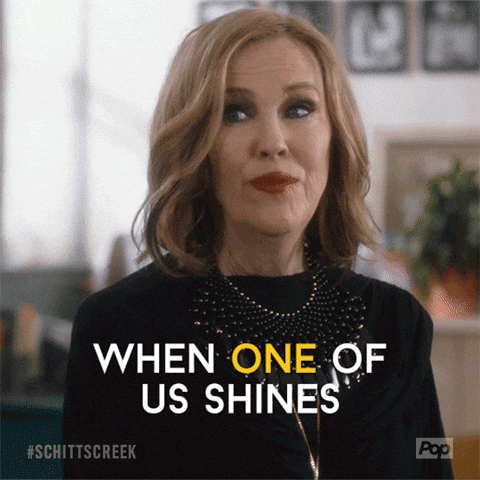The Startup Accountability Problem
Why nobody owns anything anymore
Startups love to talk about ownership. It’s on every careers page: "We want owners, not employees!" The idea that every employee in a company shares ownership is supposed to make them feel empowered. (Which often is just chaos.) Founders romanticize it, investors expect it, and teams are supposed to thrive on it. But in reality? No one actually owns anything anymore.
Instead of clear accountability, we get vague job descriptions, endless cross-functional "collaboration," and Slack threads where five different people weigh in but no one actually makes a damn decision. Projects stall, resentment grows, and somehow, no one is responsible for the mess.
So how did we get here?
Cross-functional chaos
Once upon a time, a company had departments. Those departments had leads. Those leads had clear ownership over deliverables as a part of their well-defined roles and responsibilities. But now? Every project is a cross-functional initiative with 12 stakeholders, a Confluence page, and a roadmap that nobody follows. Honestly? You’re probably one of the lucky ones if there’s only one roadmap.
Collaboration is great—until it turns into a bureaucratic black hole where everyone has input but no one has accountability.
🔥 Fix It: Define clear owners, not just stakeholders. If everything is a "group effort," nothing gets done.
“Move fast” means messy execution
Startups love to "move fast." But somewhere along the way, that turned into avoiding structure altogether. Who needs clear ownership when you can just launch something half-baked and fix it later, right? Shhh, we don’t talk about tech debt. There is no tech debt. We’ll just refactor in the next version.
Except that “fix it later” rarely happens. Instead, misalignment creeps in, product-market fit gets murky, and suddenly you’re sprinting toward a future where no one knows who was responsible for what in the first place. And, of course, nobody wrote it down anywhere.
🔥 Fix It: Speed is not an excuse for sloppy execution. Fast teams still have owners—not just people "involved" in the process.
Welcome to ✨ Accountability Theater ✨
What do you do when no one knows who owns what? You hold more meetings. The modern startup playbook:
✅ Schedule a sync to align on ownership
✅ Have another meeting to clarify action items
✅ Add a Slack thread for "visibility"
✅ Create a Confluence page summarizing the discussion (optional, but somebody should do it, obviously)
✅ Two weeks later, realize nothing happened
Instead of fixing accountability, we’ve created an endless loop of accountability theater—where appearing to take ownership replaces actually doing it.
🔥 Fix It: Assign direct ownership in meetings. If an initiative is discussed, someone leaves with a clear deliverable and a deadline.
If “we’re all owners", nobody actually is
The biggest lie startups tell themselves? "We’re all owners here!" In theory, this means everyone takes responsibility. In reality, it means no one actually owns anything. A startup needs strong ownership, not just shared enthusiasm. When everyone is responsible for something, it’s too easy for that thing to slip through the cracks.
🔥 Fix It: Every key project needs one directly responsible individual (DRI). Not a “team,” not a “working group,” not a “collaborative effort.” One person. One name.
How Forge fixes the accountability problem
The problem isn’t that people don’t want to take ownership—it’s that accountability is often lost in the chaos of fast-moving teams, unclear priorities, and scattered tools. That’s where Forge comes in.
Forge eliminates the ambiguity around who owns what, what needs to get done, and how work aligns with company goals. Instead of drowning in Slack threads and Confluence pages that no one reads, teams in Forge get a structured, centralized way to define responsibilities, track progress, and make sure work actually moves forward. Every task has a clear owner, timelines are visible, and execution is tied directly to company priorities. Less talking about accountability, more getting things done.
Startups don’t need more tools—they need better alignment. Forge makes sure that when someone says, “I got it,” they actually do.



Accountability theater :crycat: